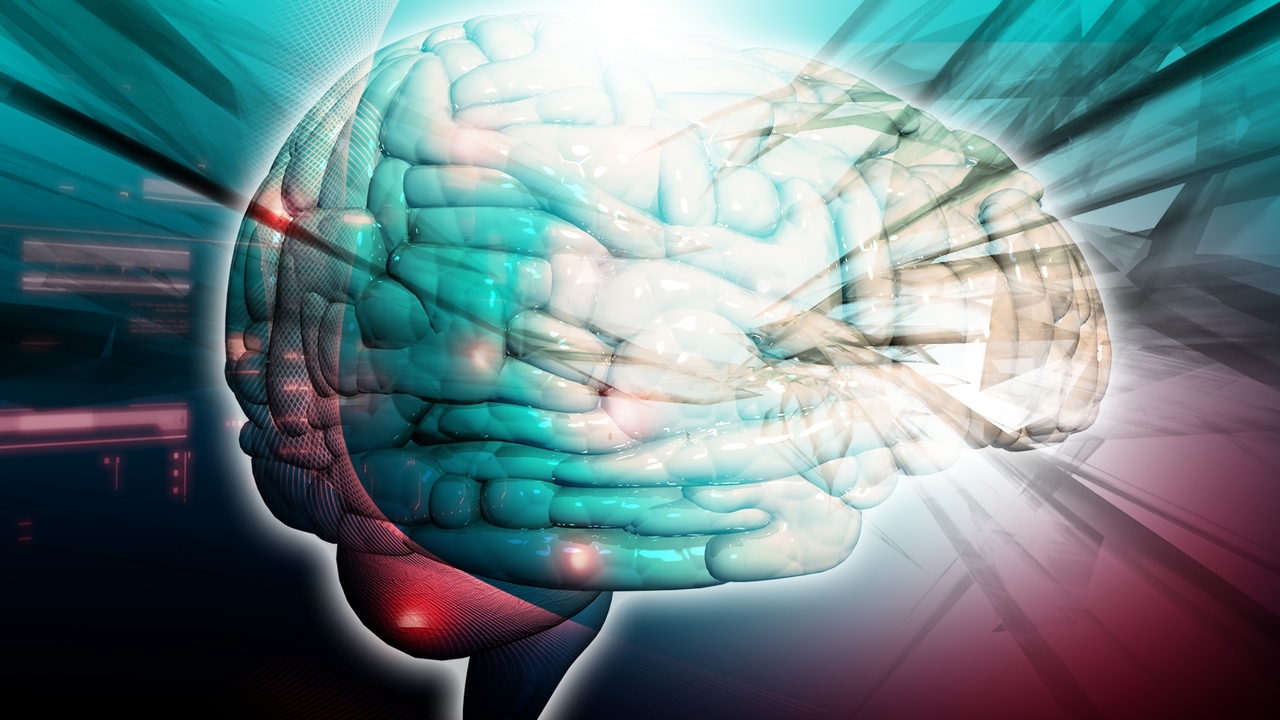Have you ever noticed how members of the same family share certain physical characteristics, interests, abilities, and even similar gifts and talents?
Physical characteristics can often be so strong that complete strangers recognize you as being related to a particular family.
In music, some of the most incredible harmony is made by vocalists who are all members of the same family, because their voices share common qualities and inflections that aren’t easily reproduced by persons who are unrelated.
Most of us know families where each child is a gifted athlete, artist or writer.
Sharing common interests and talents with your family can be a very good and rewarding experience. Unfortunately, when it comes to our health, there are some conditions where sharing is not quite so welcome an experience.
According to the Centers for Disease Control and Prevention, or CDC, stroke is currently the number 4 killer in the United States. Per every 100,000 people, approximately 42 will die annually from cerebrovascular disease or stroke.
In the United States alone, there are over 6 million non-institutionalized persons who’ve been diagnosed with a stroke and are living with the results.
A stroke occurs when either a blood clot restricts or blocks the flow of blood to the brain, or one or more blood vessels in the brain burst. The results of a stroke can be devastating, ranging from paralysis, to speech difficulties, to permanent physical impairment, and in some cases death.
People who smoke, abuse alcohol, or who don’t get enough physical exercise are at a greater risk of stroke. Certain conditions such as high blood pressure, high cholesterol, heart disease, diabetes, obesity, or sickle cell anemia cause an increased stroke risk.
People over the age of 65 are more likely to suffer a stroke, as are those of African-American, Hispanic, or American Indian/Alaskan Native descent.
It’s also long been accepted that family history also plays a role in increased stroke risk. If someone else in your family has suffered a stroke, then your risk of stroke automatically increases.
According to findings released by Swedish researchers, the link between siblings and increased risk of stroke is particularly noteworthy.
In a study led by senior study author Erik Ingelsson, M.D., Ph.D., professor of cardiovascular epidemiology at the Karolinska Institutet in Stockholm, Sweden, researchers found that the risk of stroke increases dramatically if a sibling has suffered stroke.
As a part of the study, researchers examined national health records over a 20 year period, ranging from 1987 to 2007. Researchers specifically looked for records where the patient was diagnosed with a stroke.
For each stroke patient identified, researchers tracked the siblings of the stroke victim to see if they also suffered a stroke. For purposes of this study, researchers concentrated on the most common type of stroke -- ischemic strokes. Ischemic strokes occur when the blood supply to the brain becomes blocked.
Researchers found that when a sibling suffers a stroke, the risk to other siblings is greatly increased. Study results are as follows:
• “If your brother or sister had a stroke, your risk of having one may be at least 60 percent higher.
• Your risk of stroke at age 55 or younger is almost double if your sibling had a stroke at 55 or younger.
• 94 percent more likely to occur at age 55 or younger in siblings of affected patients whose stroke occurred at 55 or younger.
• 64 percent more likely in full siblings of affected patients;
• 61 percent more likely in any siblings of affected patients;
• 41 percent more likely in half-siblings of affected patients." (AHA 1)
Researchers noted that environmental factors, such as obesity, lack of exercise, or poor lifestyle, may also be contributing factors since siblings may share similar lifestyles that make stroke more likely to occur.
Since strokes can be not only physically devastating, but life-threatening as well, it’s recommended that you inform your physician if a sibling has suffered a stroke and discuss how you can make lifestyle changes that might result in a different outcome for you.
Complete study findings are published in the American Heart Association journal Circulation: Cardiovascular Genetics.
Sources:
Stroke Risk Considerably Higher if Sibling Had a Stroke. 10 Apr 2012. American Heart Association.
http://newsroom.heart.org/pr/aha/stroke-risk-considerably-higher-231665.aspx
Cerebrovascular Disease or Stroke. Centers for Disease Control and Prevention. 27 Jan 2012.
http://www.cdc.gov/nchs/fastats/stroke.htm
Stroke. Centers for Disease Control and Prevention. 07 Dec 2011. http://www.cdc.gov/stroke
Reviewed April 12, 2012
by Michele Blacksberg RN
Edited by Jody Smith






Add a CommentComments
There are no comments yet. Be the first one and get the conversation started!